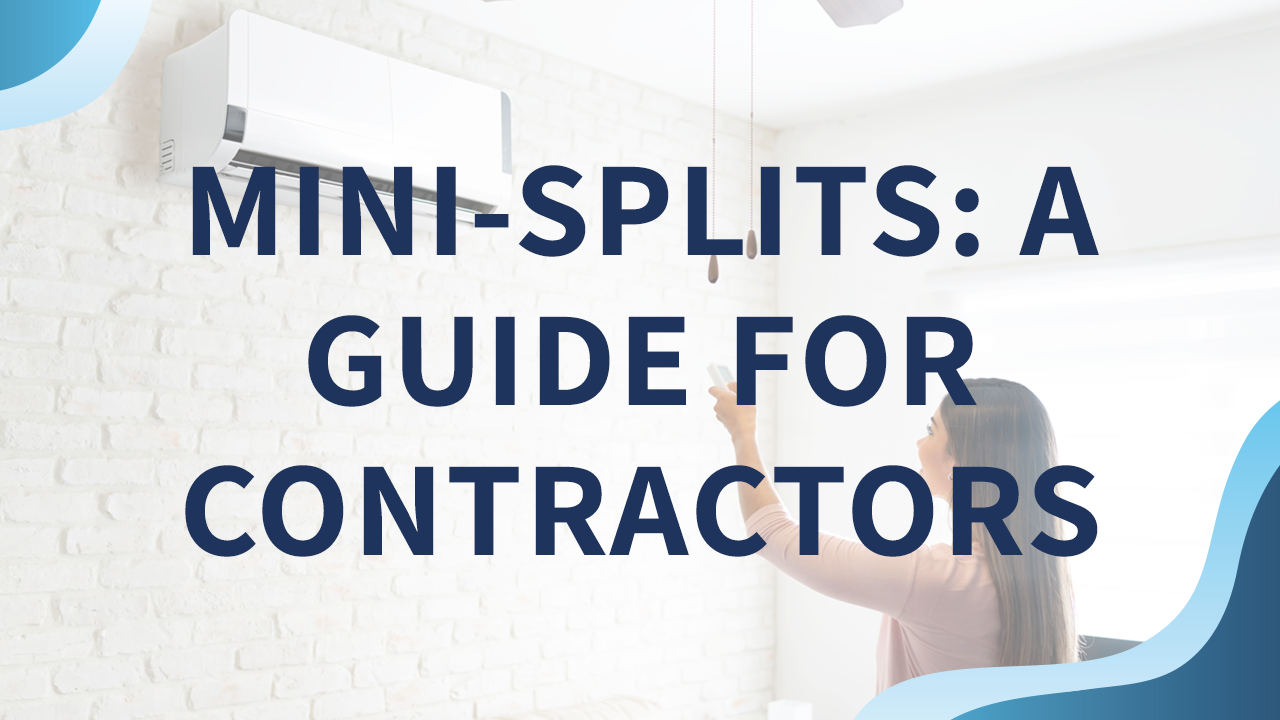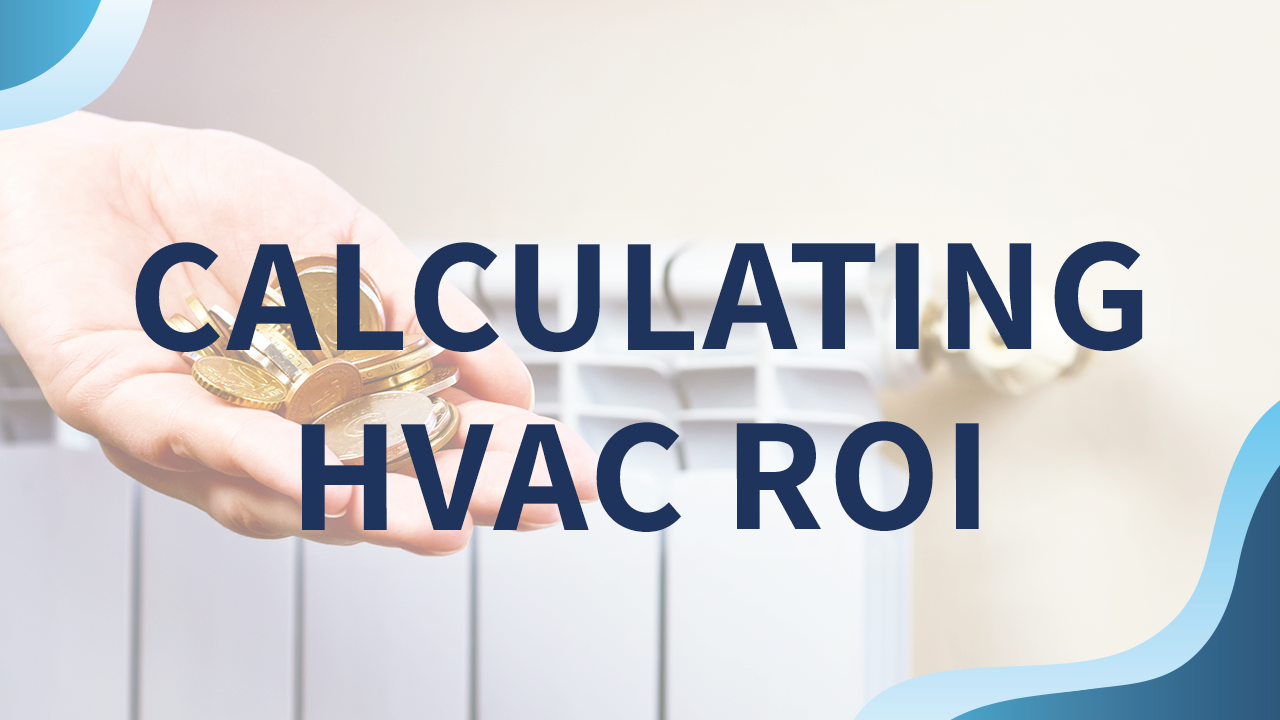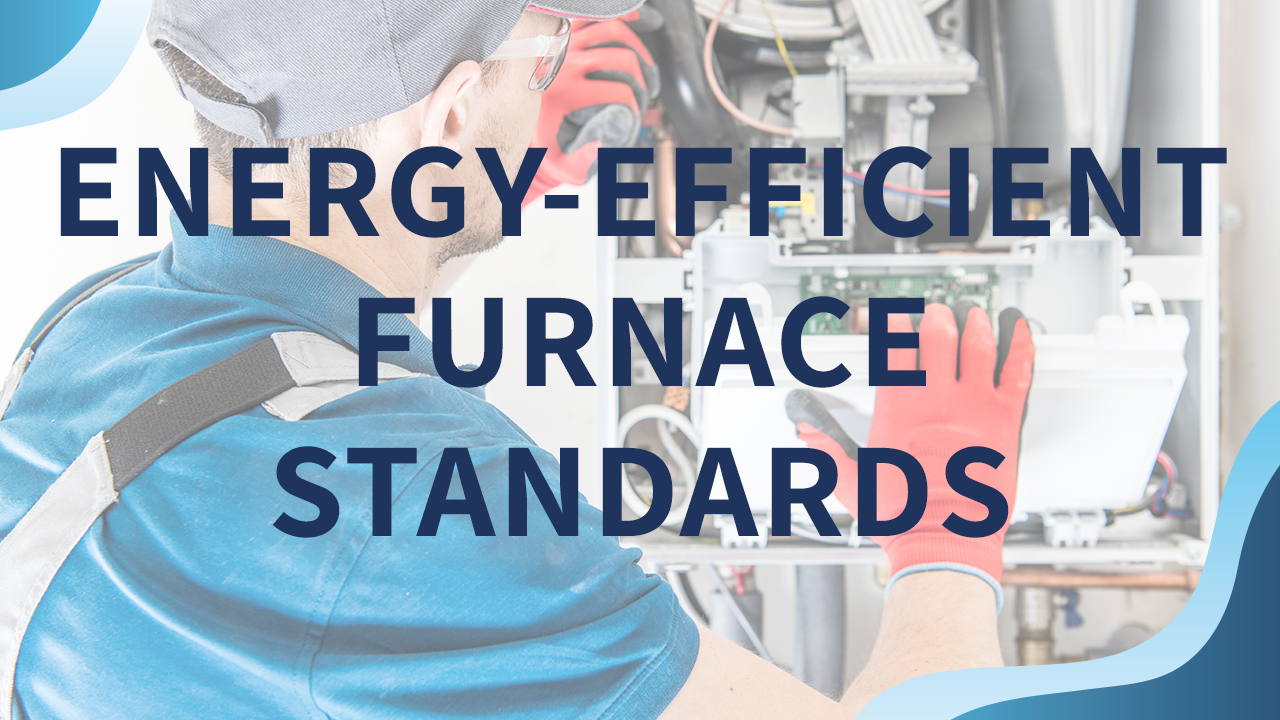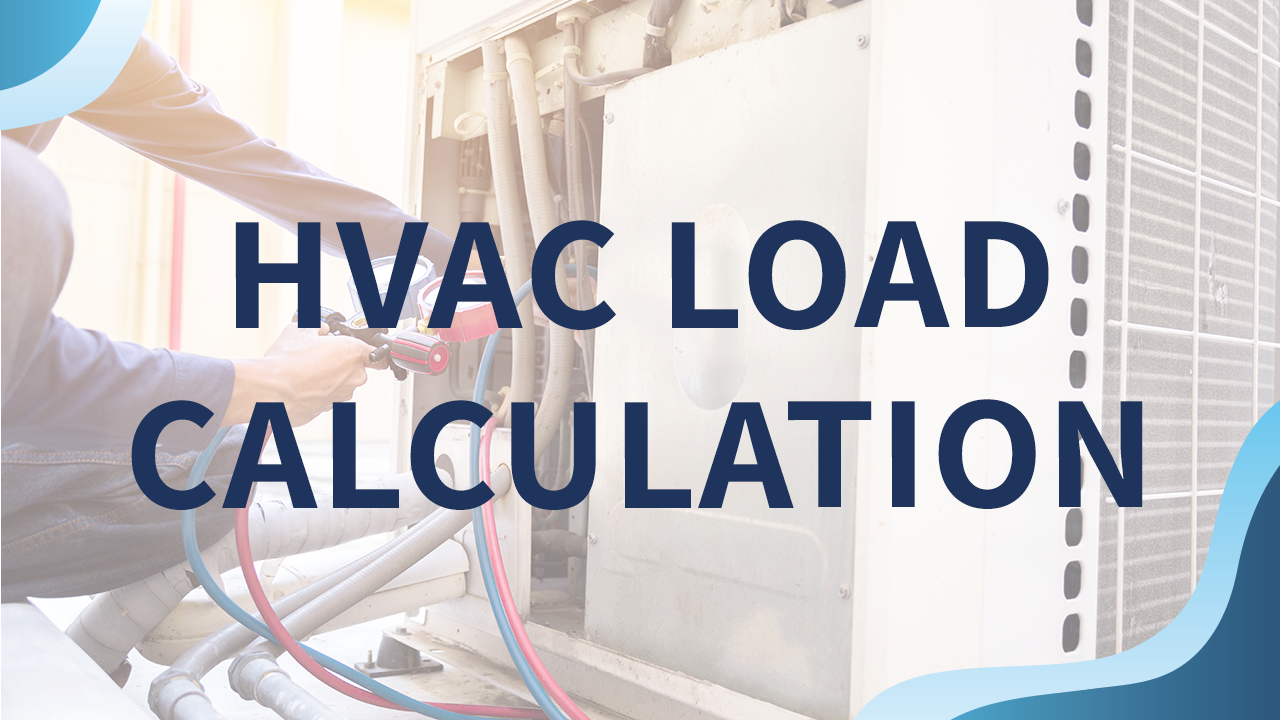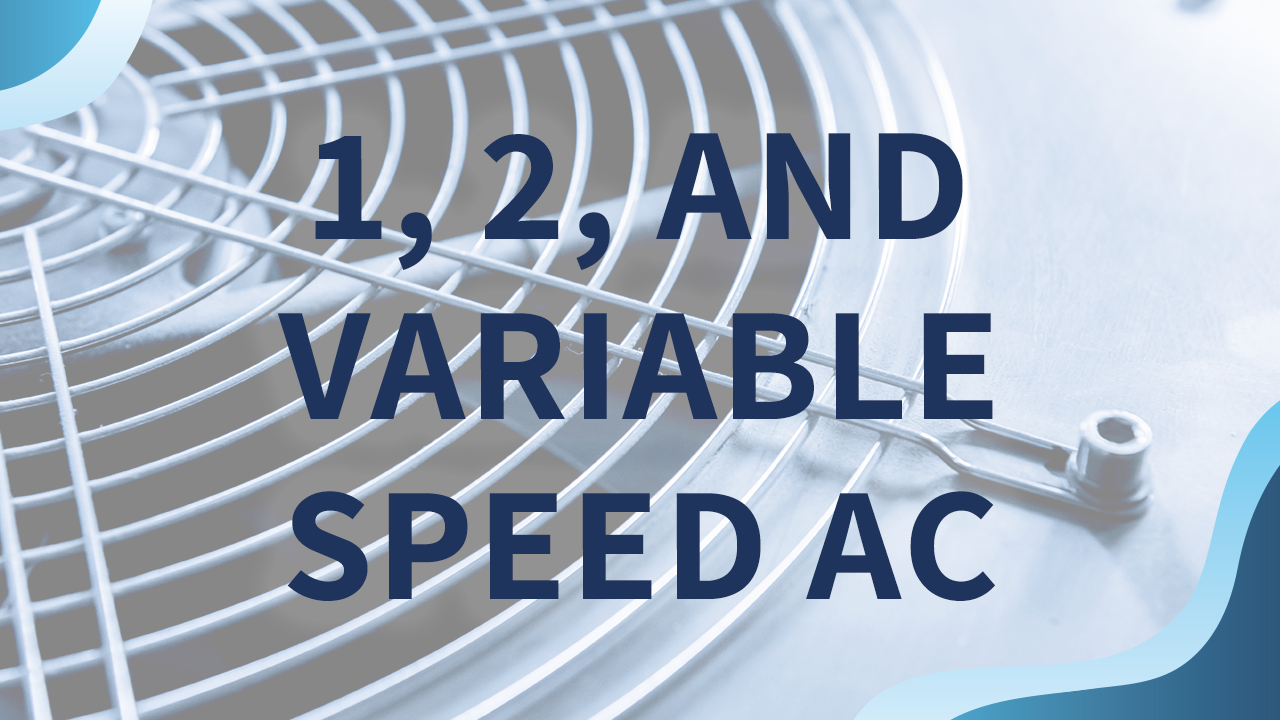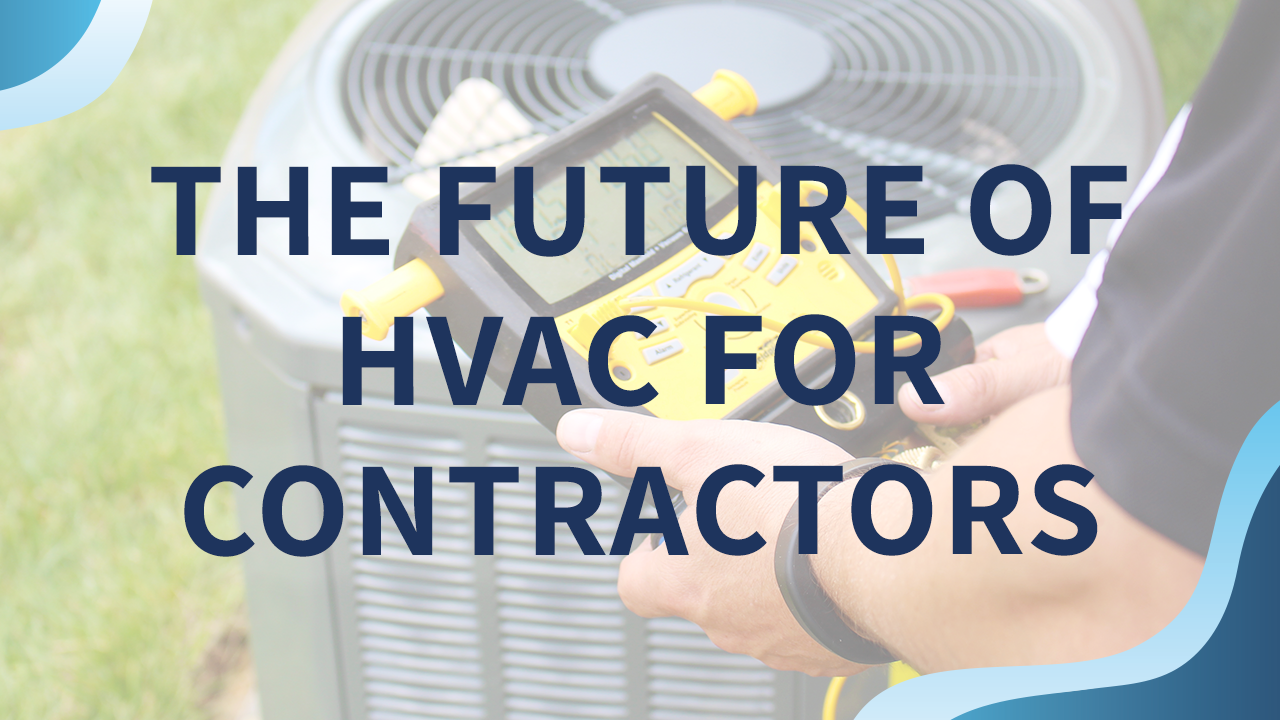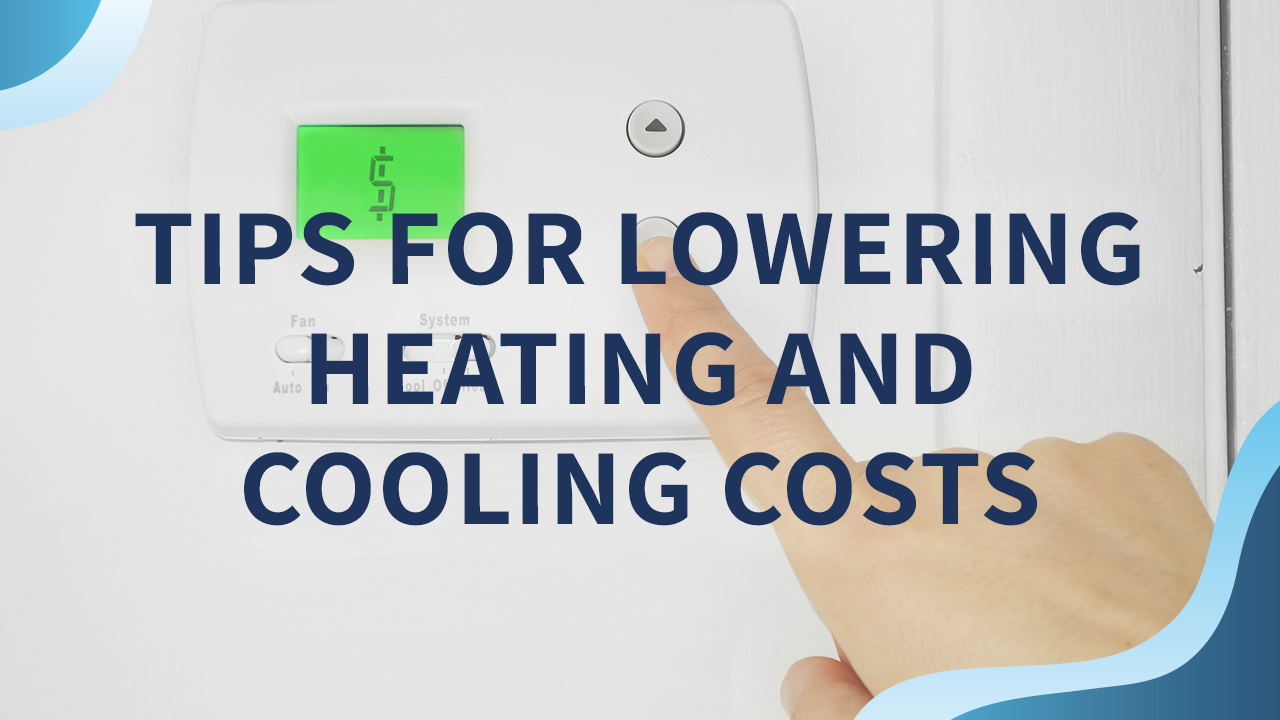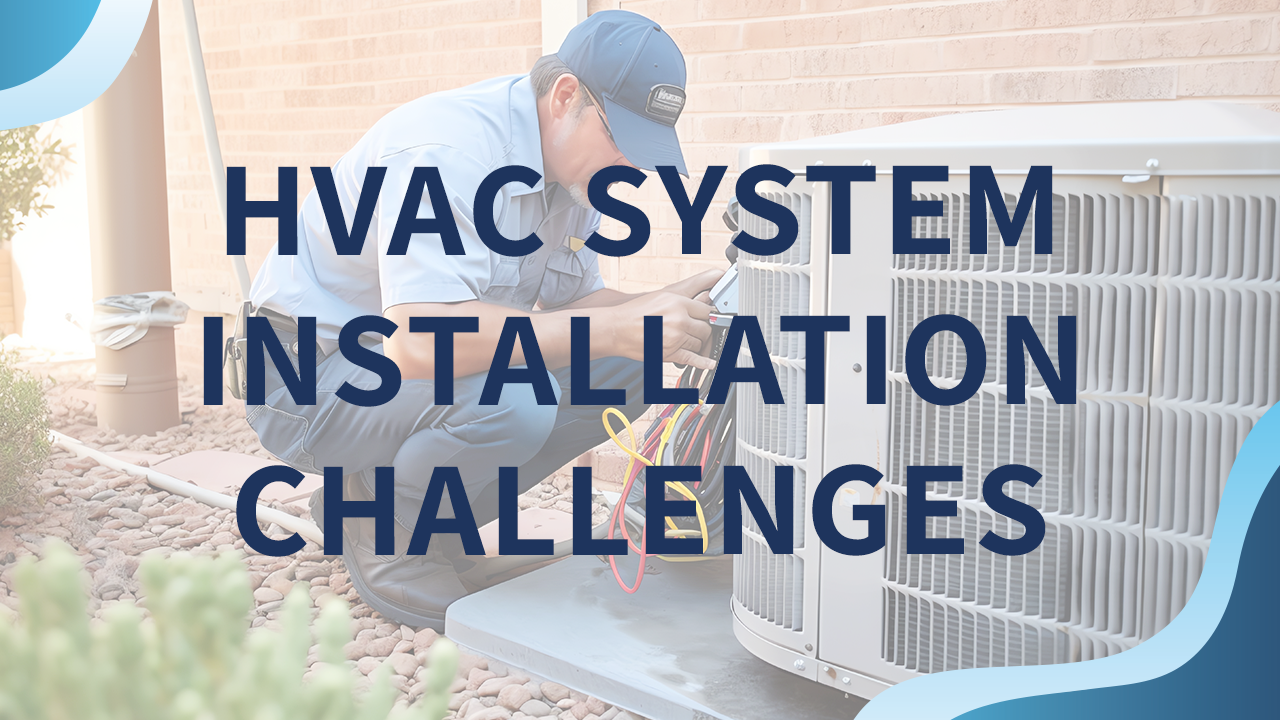We live in an age when tenants simply expect indoor climate control, therefore HVAC systems are some of the best improvements a property owner or operator can make. Therefore, it’s integral that we get the most out of these systems and use them as long as we can.
Still, no matter how well-maintained, every HVAC unit will need to be replaced at some point, just like any other piece of machinery. Eventually, even the best unit will become worn or damaged, resulting in increased energy bills and poor air quality.
Finding the right balance between maintenance and HVAC repair or replacement can be a tricky task. You don’t want to needlessly invest in a new unit, yet you don’t want to pay the price of waiting too long. Fortunately, there are signals property owners can watch, indicating when it’s time for a new HVAC system.
Check out these five signs that you need to replace your HVAC system:
Rising Utility Bills
Energy bills fluctuate along with outdoor weather conditions over the course of a year. However, if a homeowner or tenant notices that the cost to heat or cool their property is significantly higher than the same month last year – unless some sort of climate phenomena occurred – then it might be time to replace their HVAC system.
According to Service Experts’ Senior Manager Jim Hughes, a system’s efficiency will drop 5-10 percent as it ages, but a spike in energy bills is a sign that you should have a technician evaluate your system. Your unit might require extensive repairs, and it might be more cost-effective to replace it with a newer model.
“The efficiency of the system decreases over time from normal wear and tear,” Hughes told USA Today. “It’s the buildup of dirt and corrosion on the inside that causes the greatest loss of efficiency.”
For owners and operators of multi-family communities, a particularly hot or cold summer can affect multiple units, causing significant increases in energy expenses for tenants or the property itself.
Aging System
According to the U.S. Department of Energy, property owners should replace HVAC systems every 10 to 15 years. While most modern units are more durable than previous models, some of their major components still deteriorate over time. The typical lifespan for an HVAC system is about 10 years. Of course, regular maintenance and as-needed repairs will help extend a system’s life expectancy.
Another component that influences the cost-efficiency of replacing an HVAC unit is the type of refrigerant used by many older systems. Several years ago, federal regulators moved to phase out the common compound R22 because of the chemical’s detrimental impact on the environment.
Beginning in 2020, companies will no longer be able to produce or import R22 refrigerant, which means existing supplies will become even more expensive – possibly too expensive for property owners to replace R22 in their older HVAC systems.
Increased Maintenance and Repair
Any HVAC system will require regular maintenance to operate efficiently over time. It’s not unusual to replace certain parts, such as the capacitor or an electrical switch. However, when a system starts leaking refrigerant or its compressor stops working properly, expensive repairs could become too costly to keep the unit.
Rather than continuing to pay expensive repair bills, property owners often find it more cost efficient to replace HVAC systems. At this stage, technicians will begin offering customers both a repair quote and a replacement quote, so the property owner can make an informed decision on when to replace their system.
Ineffective Climate Control
If you’ve broken out into a sweat in one room in your house, but find yourself freezing in another room, it might be time to replace your HVAC system. Sometimes, an aging system might not have enough power to consistently cool or heat a building. When this happens, not only are heating and cooling ineffective, but energy costs rise as the unit runs more to achieve desired results.
Of course, temperature isn’t the only comfort factor an HVAC system controls. An ineffective HVAC unit can cause issues with excess dust left in the air or increased humidity, which can lead to mold and mildew. Just be sure you’ve also assessed your property for leaks or inadequate insulation before blaming these problems on your HVAC system.
Predictive Software
It’s one thing for homeowners to monitor the efficiency of their single HVAC system and know when it’s time to replace it. It’s another challenge entirely for managers and owners of multi-family and commercial properties to keep track of how each unit is working. Fortunately, predictive maintenance technology can help them with this task.
“With remote continuous monitoring and diagnostics, you can reduce or eliminate truck rolls to facilities to diagnose problems and make repairs at early stages when it is cheaper for everyone involved,” Augery, Inc. Product Marketing Manager Jonathan Biagiotti told ACHR News. “For one client, that type of predictive arrangement saved approximately $250,000 in HVAC repairs.”
For example, with Motili’s asset-management product suite, building owners can make intelligent and proactive decisions concerning HVAC maintenance and replacement, thanks to comprehensive asset tracking, repair and replacement optimization.

